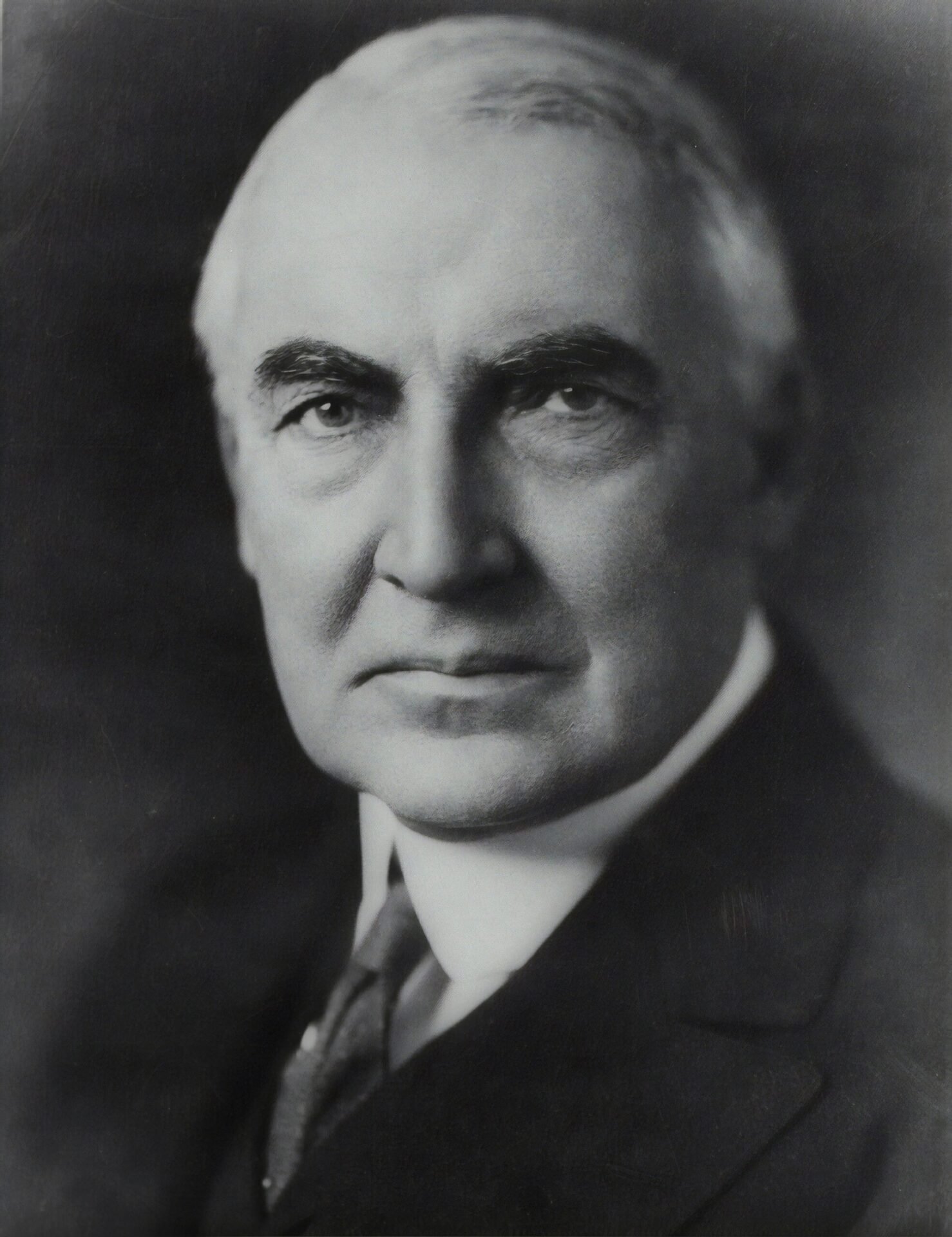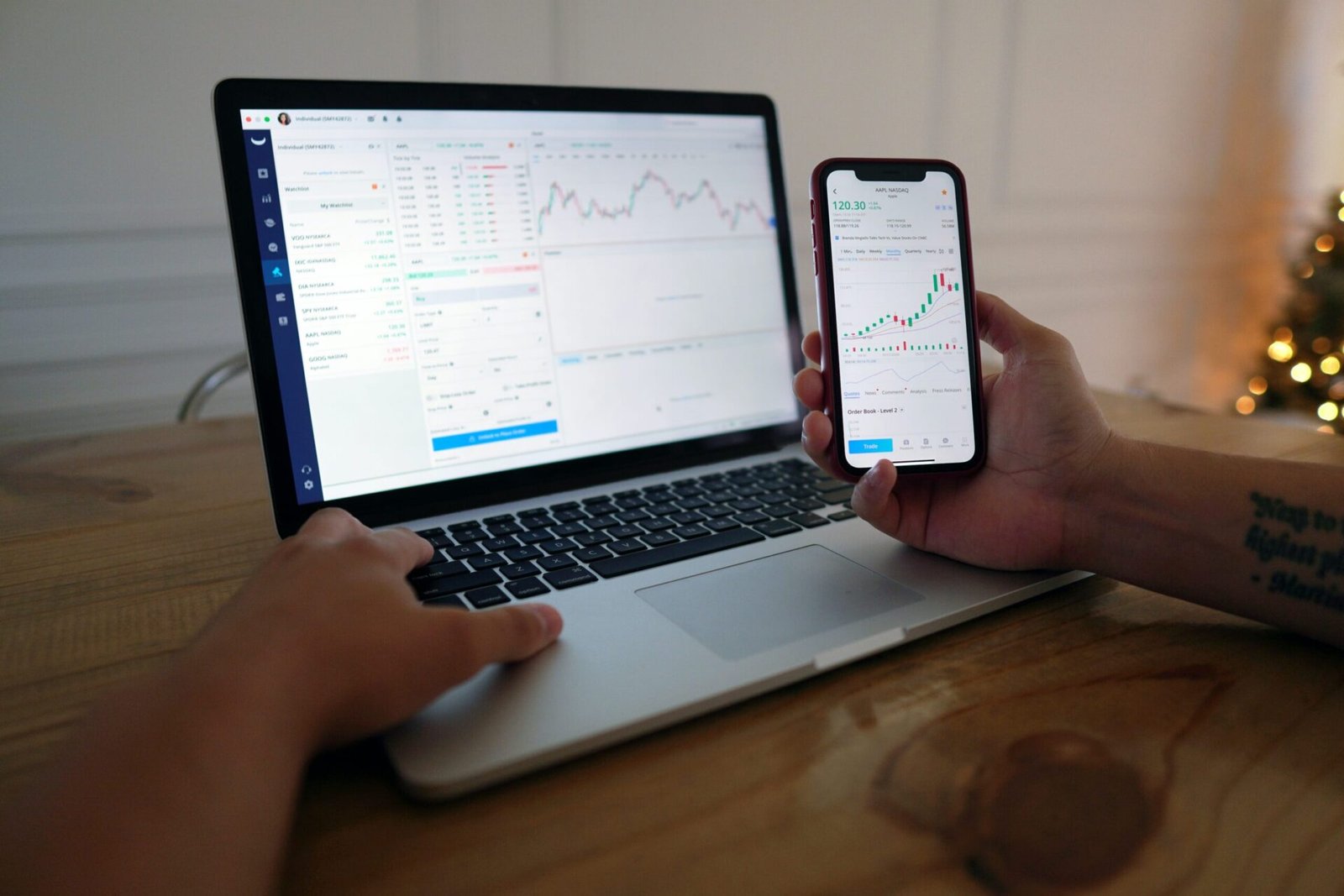The Role of Psychology in Trading
Trading in financial markets requires more than just technical analysis and market knowledge. It also demands a deep understanding of human psychology. The decisions made by traders are often influenced by their emotions, biases, and cognitive errors, which can lead to costly mistakes. In this article, we will explore some of the most common mental errors that traders make and how to overcome them.
Fear and Greed
Fear and greed are two powerful emotions that can significantly impact trading decisions. Fear can cause traders to panic and sell their positions prematurely, often resulting in missed opportunities for profit. On the other hand, greed can lead to excessive risk-taking and holding onto losing positions for too long, hoping for a turnaround.
To overcome these emotions, traders need to develop discipline and stick to a well-defined trading plan. By setting clear entry and exit points and adhering to them, traders can avoid making impulsive decisions driven by fear or greed.
Confirmation Bias
Confirmation bias is a cognitive error in which traders seek out information that supports their existing beliefs and ignore or downplay evidence that contradicts them. This bias can lead to a distorted perception of the market, as traders become overly confident in their predictions.
To mitigate confirmation bias, traders should actively seek out alternative viewpoints and consider different perspectives. By embracing a more open-minded approach, traders can make more objective decisions based on a broader range of information.
Overconfidence
Overconfidence is a common psychological trap that can lead traders to take on excessive risks and make poor trading decisions. When traders experience a string of successful trades, they may become overconfident in their abilities and start neglecting proper risk management.
To avoid the pitfalls of overconfidence, traders should maintain a realistic view of their abilities and constantly reassess their strategies. By acknowledging that trading involves a degree of uncertainty, traders can remain humble and avoid making reckless decisions based on misplaced confidence.
Loss Aversion
Loss aversion is a bias that causes traders to feel the pain of losses more intensely than the pleasure of gains. As a result, traders may hold onto losing positions for too long, hoping that the market will turn in their favor.
To overcome loss aversion, traders should set predefined stop-loss levels for each trade and stick to them. By accepting that losses are a part of trading and implementing proper risk management techniques, traders can minimize the impact of this bias on their decision-making process.
Herd Mentality
Herd mentality refers to the tendency of traders to follow the crowd and make decisions based on the actions of others. This behavior can lead to a lack of independent thinking and herd-like behavior, which can be detrimental to trading performance.
To avoid falling into the trap of herd mentality, traders should focus on their own analysis and develop their own trading strategies. By doing thorough research and understanding the underlying factors driving the market, traders can make more informed decisions and avoid blindly following the crowd.
Conclusion
Psychology plays a crucial role in trading, and understanding the common mental errors that traders make is essential for success. By recognizing and addressing these psychological biases, traders can enhance their decision-making process and improve their overall trading performance. Developing discipline, maintaining objectivity, and embracing risk management techniques are key factors in overcoming the psychological challenges of trading.






Be First to Comment